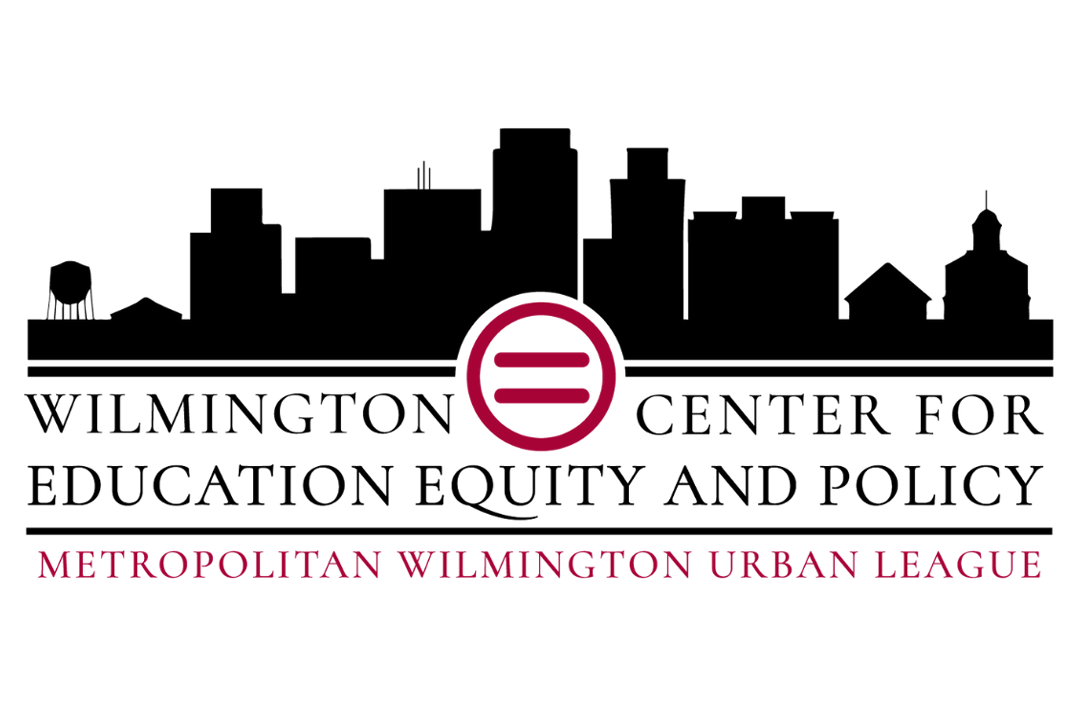Providing equitable education in Wilmington is at the top of almost everyone’s agenda.
Now, amid a pandemic and on the heels of an unprecedented lawsuit settlement, the need for collective community advocacy hit a peak.
On November 23rd, The Wilmington Center of Education Equity and Policy (The Center) held its virtual launch to join ranks with other organizations looking to create positive change and accountability on behalf of Wilmington students.
Lynne Howard and Eugene Young, both of whom serve on the Center’s leadership team, moderated the event. Guest speakers included Marc Morial, president of the National Urban League, Councilman Jea P. Street (New Castle-District 10), and Monique Martin, a community activist, as the keynote speaker.
More than 100 school leaders, community organizers, educators, and local politicians joined via Zoom, YouTube Live, and Facebook Live to explore the Center’s beginnings and to get a better understand of how they could get involved in collective community advocacy.
According to The Center’s website, a 2019 partnership between the Wilmington Education Strategies Think Tank (WESTT) and the Metropolitan Wilmington Urban League (MWUL) sparked the organization’s creation.
“The Center was created to ensure Black and Brown children living in the city of Wilmington will no longer be harmed by poor educational experiences,” says Howard.
The organization comes as a response to the revelation of 11,500 City of Wilmington children who are performing far worse than any other student in Delaware. Seventy-four percent of Wilmington students do not meet the state standard in English/Language Arts, and 83 percent do not meet proficiency in math.
Due to legislation passed in the 1960s, the city of Wilmington is not legally able to intervene on behalf of the students living within its limits.
In the past, the State attempted interventions through groups like the Wilmington Education Improvement Commission and the Wilmington Education Advisory Committee, with the Redding Consortium for Educational Equity taking up the mantle in 2019.
Although the Wilmington City Council, the Wilmington Mayor’s Office, and the New Castle County Executive’s Office provided the initial funding, The Center is a non-governmental entity. It will focus on advocacy, community organizing, and research.
“We have to reform these systems, which continue to produce an achievement gap,” says Morial. “We have to reform these systems, which continue to shortchange too many of our young boys and girls of their right to a quality education. And for you all in Wilmington to focus on it, with this new Center for Education Equity and Policy is adding reinforcements to the battle that many have waged for a long time.”
Councilman Street recounted decades of injustices and inequities in Wilmington education. He reflected on the efforts made by himself and other community leaders to address them—the most recent being the settlement with Governor Carney’s administration. In their 2018 lawsuit, the NAACP and Delawareans for Educational Opportunity argued that Delaware’s education system fails to provide a meaningful opportunity to obtain an adequate education to all of its students due to a lack of resources.
On October 12, 2020, the two parties and Governor John Carney announced a settlement, which requires the state to:
- Increase Opportunity Funding from $25 million to $60 million and make weighted student funding permanent by 2025.
- Invest four million in teacher recruitment and retention in high-need schools during fiscal years 2023, 2024, and 2025.
- Provide dedicated funding for K-3 basic special education by the 2023-2024 school year.
Although pleased with some of the progress promised as a result of the new funding, Street was adamant, “This struggle ain’t over.”
“The City of Wilmington can no longer sit around and be the only city in the United States of America that has no responsibility and no authority over the education destiny of its own children,” says Street. “If those of us here tonight don’t do this work, it’s not going to get done. This role is critical.”
Following Street’s remarks, Monique Martin gave a well-received keynote address, which touched on anti-racism practices, the opportunity gap, and the importance of empowering student voices.
‘It is not an accident that the system is broken. This was by design, and I think that we need to ensure that we come together and have intentionality when speaking about equity when engaging in implementation strategies, and we reflect on not only the education context regarding education, equity but the historical context, political context, as well as the cultural context,” said Martin.
The launch ended with attendees joining breakout rooms to gather feedback and ideas for the Center’s future initiatives and outreach.
To learn more about The Wilmington Center for Educational Equity and Policy, visit their website here or Facebook page here.
The Center’s next virtual event will occur on January 25, 2021, at 6 p.m., which is titled, “Who’s In The Room: Shared Lived Generation Experiences.”

